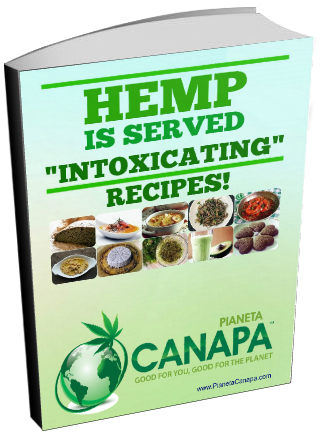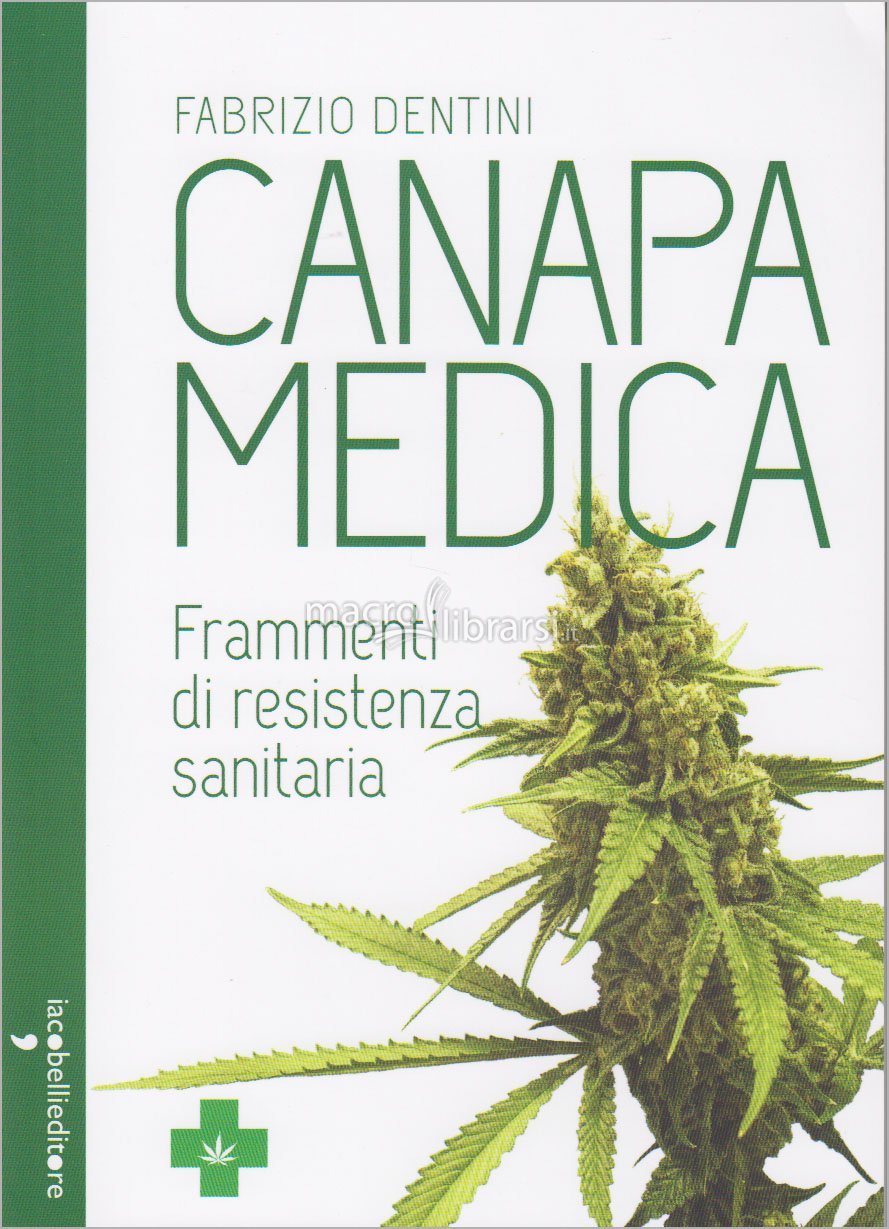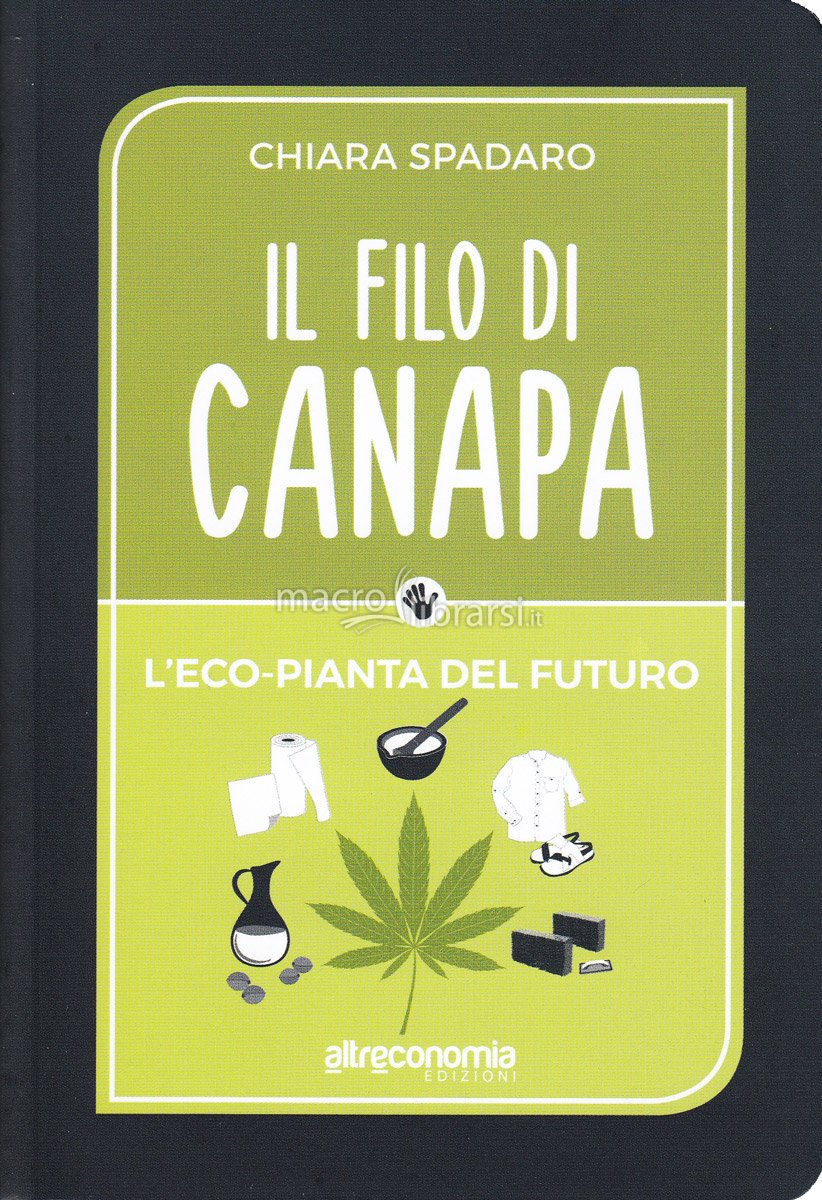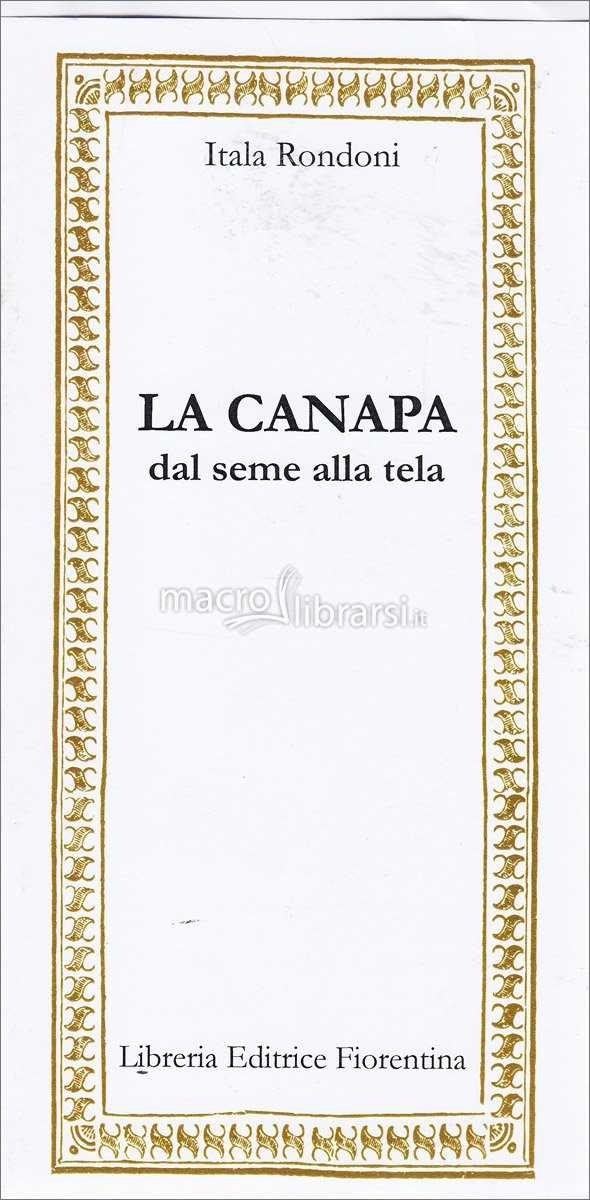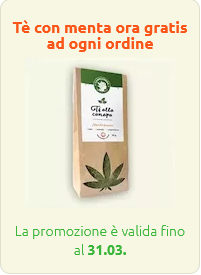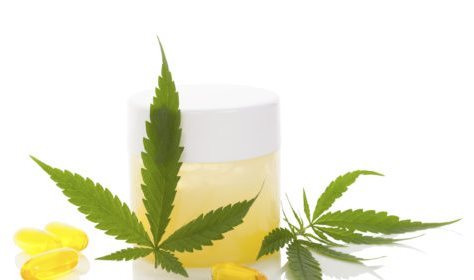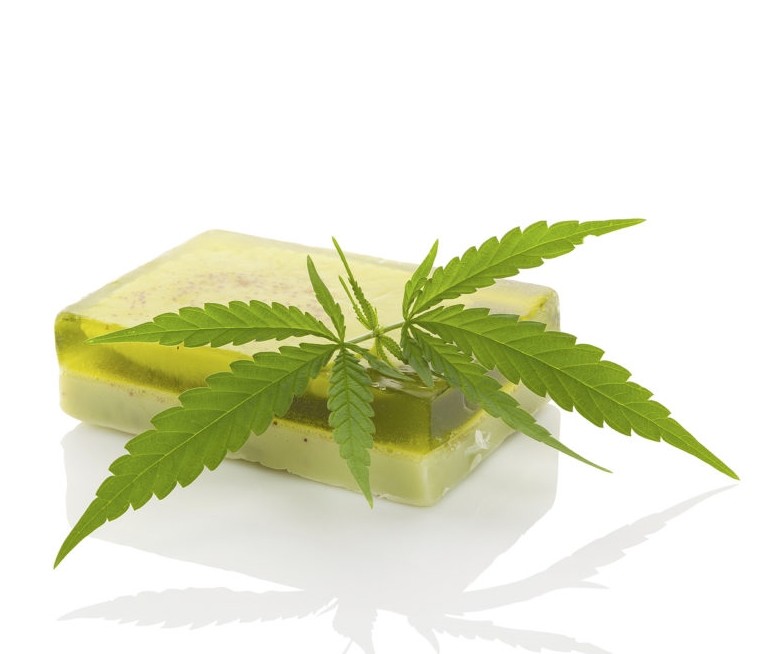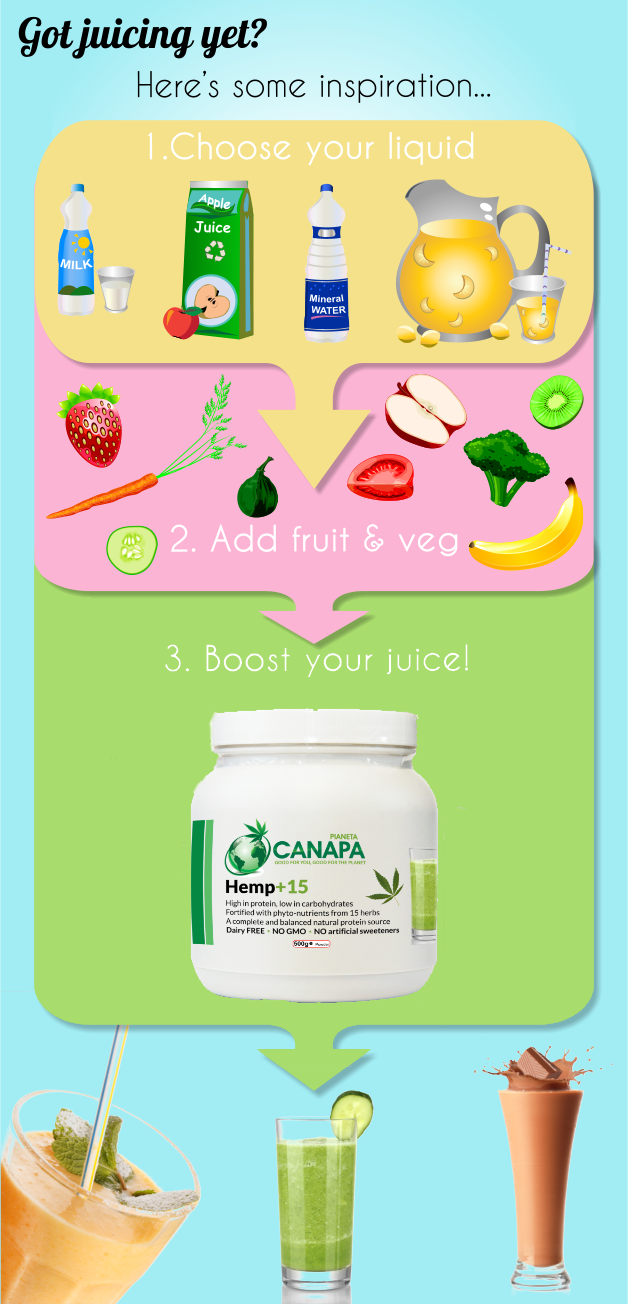Why I've become vegan
and how hemp can help
Recently I've decided to become vegan for many reasons: for my health, trying to avoid many chemicals, caring for animals and for the environment.
Most people who become vegetarians or vegans do so because they don't want to kill animals.
However, also eating only eggs and diary causes animals to be killed and horribly abused. Furthermore, there is so much more involved behind the production of one hamburger or steak, tuna tin or cheese that even if you don't care about animal welfare you can choose among many other reasons to become vegan, from macroeconomics to global warming, pollution of air, soil, water consumption. If you are in a hurry, just go and watch some videos.
What is veganism? What does being vegan mean?
In a few words, being vegan means not using any animal product for food, clothing and even cosmetics. Animal food products include milk, cheese, honey and eggs.
These animal product can be found also in soaps, detergents and in a lot of other articles. Other animal products that vegans do not use are silk, wool, corals, shells.
How I've become vegan, "little by little" yet suddenly
I've never been a big fan of meat so I've never eaten much of it. I love plants and all their uses. I've always preferred to eat all vegetables for their wonderful tastes, smells and colours and also because they can be eaten raw, saving me a lot of time and hassle in preparation. With meat and fish you always have to cook them and add ingredients (mostly plants) to make them tastier.
Then I eliminated farmed meat and fish to avoid ingesting all antibiotics and growth hormones the animals get fed. Also, I knew about the horrors of industrial farming and how anti-economical it is. Still, I'd eat wild-caught fish and, very occasionally, organic, grass-fed meat.
I'd eat free-range or organic eggs, sometimes organic milk and yoghurt, avoiding most cheese, again to avoid the antibiotics and hormones they give to cows. There is organic cheese but it is difficult to find and very expensive.
A vegan diet does net provide proper, balanced nutrition. Is it really true?
I was tempted to try and stop eating all animal-derived food, but so often I had read articles that, even though they were praising the merits of vegetables as foods, always stated that vegetarians and especially vegans do net get proper, balanced nutrition, that a vegan diet can cause health problems etc.
There are so many websites and articles about sport, fitness and nutrition, they almost all say the same thing, so I was a bit concerned.
Vegan athletes
Eventually, I found some websites of vegan athletes who didn't look at all like the vegan stereotype we get presented, of a very thin and weak person. The first one I came across was Frank Medrano.
Vegan athlete
Vegan freerunner
Another vegan athlete I like is the champion freerunner Tim Shieff
I also found a website about vegan bodybuilding.
These are just two examples, you may like all those athletes or not but certainly we can't say they look malnourished and weak.
So, all they say about we absolutely needing animal proteins to build muscles, for athletes and fitness is not true? What do you think?
It is true that vegetarians and vegans need to learn to eat vegetable foods that contains all necessary elements, proteins, vitamins, fats, carbohydrates and minerals. Eating only salads won't do and it's boring. Proteins can be found in seeds (walnuts, hazelnuts, Brazil nuts, almonds, sunflower, pumpkin, hemp and other seeds), pulses (all types of beans, peas, lentils, chick peas) and now there is also la lot of information about vegan diet, even on those athletes' websites, so it shouldn't be difficult.
Vegetarian not vegan?
Vegetarians are those who do not eat killed animals (meat and fish) but eat eggs and dairy products, possibly organic dairy and eggs, thinking that these practices do not cause harm and suffering to animals.
Two sides of the same coin
I myself used to think like this, then I've come to realize that the dairy industry and the meat industry, as well as the egg and poultry industry, are the two sides of the same coin and that animals in organic farming don't get treated much better than in conventional farming.
The meat industry needs cows to produce beef.
The cows needs to be pregnant to produce milk that is taken away from them to be sold to us or used to make cheese, while it was meant for the calf. When the calf is born it is immediately taken away from his mother cow so that the two don't develop attachment and the industry can take the milk from the cow. The male calf is killed very young, after living in horrible conditions to keep his meat soft, as he is useless because he doesn't produce milk. To keep producing milk the cow needs to get pregnant again and so on.
When the cows start producing less milk they get killed, after a very short and exploited life.
Also male chicks born to egg-laying hens are useless because they cannot lay eggs and are not the type of poultry used for meat. Therefore they get killed almost immediately.
For more detailed information, read these (and more) shocking articles from freefromharm.org website.
10 Dairy Facts the Industry Doesn’t Want You to Know
12 Egg Facts the Industry Doesn’t Want You to Know
So I've decided that it is impossible to be vegetarian in order not to harm animals and still eat dairy and eggs, because one industry exists because it feeds the other one.
Vegan food ideas: "eggless" recipes, cheese
Luckily, I've found out that there are more and more vegan products and many vegan recipes for those who have decided to become vegans or are hesitating because they'd miss the taste and appearance of eggs and bacon for example, and other animal food. It's a matter of habits, after all, most of us have been living eating these foods for decades. Here below are just a few examples.
Delicious vegan eggless egg recipes
The gentle chef - Vegan Cuisine for the ethical gourmet
Fancy vegan cheese? www.midasdeli.com
Want more reasons to become vegan?
If the way animals are treated is not a strong enough reason to become vegan, there are many more reasons.
The meat and dairy industry is anti-economical, as well as extremely polluting, producing more greenhouse gases than all transport and it causes deforestation to make space for grazing.
Here are just some passages from a FAO (United Nations Food and Agriculture Organization) article on how livestock impacts on the environment:
- greenhouse gases: "livestock are responsible for 18% of greenhouse gas emissions, a bigger share than that of transport"
- deforestation: "some 70% of previously forested land in the Amazon is used as pasture"
- water use: "livestock production impacts heavily the world's water supply, accounting for more than 8% of global human water use, mainly for the irrigation of feed crops"
- pollution: "Evidence suggests it is the largest sectoral source of water pollutants, principally animal wastes, antibiotics, hormones, chemicals from tanneries, fertilizers and pesticides" ... "contributes significantly to acid rain and acidification of ecosystems" ... "it is estimated that in the USA livestock and feed crop agriculture are responsible for 37% of pesticide use, 50% of antibiotic use"
Read the whole article on www.fao.org/ag/magazine/0612sp1.htm
Instead of growing plants to feed livestock to feed humans, we could use plants to feed humans directly, this way feeding many more people at a lower cost. www.news.cornell.edu/stories/1997/08/us-could-feed-800-million-people-grain-livestock-eat
The same concept applies to water use. "Agriculture consumes about 70% of fresh water worldwide; for example, approximately 1000 liters of water are required to produce 1 kilogram (kg) of cereal grain, and 43,000 liters to produce 1 kg of beef", according to http://bioscience.oxfordjournals.org/content/54/10/909.full
Another very interesting website is www.cowspiracy.com/facts
So, all the above-mentioned reasons eventually one day made me decide I don't want to be an accomplice in this and I stopped eating all animal foods.
My opinion, however, is that it is almost impossible that everybody becomes vegan or vegetarian. I think that our problem nowadays lies in the huge amount of animal food that, more and more, we tend to use in the world that leads to factory farming and all associated problems. At least, we should greatly reduce meat consumption, instead.
How can hemp help when you become vegan?
Luckily for those who decide to become vegans, there is hemp, which is a wonderful plant and can be used to produce thousands of products. It requires very little water to grow and almost no fertilizers and pesticides. It can grow almost everywhere on the planet.
Talking about food, you can eat hemp seeds in many ways, hemp oil for your salads, hemp protein powder.
Hemp seeds contain 30% of proteins and hemp protein powders contain 50% of proteins. Hemp proteins are complete proteins like meat, because they include all essential aminoacids. Read more here
Other products derived from hemp include: hemp cosmetics, hemp soaps, fabrics, hemp paper, hemp plastic, hemp bio-fuel, hemp building materials, hemp paints and more.
All these products come from a renewable source and are biodegradable.
So, why not try?
Go from Why I've become vegan to What is hemp?
Tweets by @pianetacanapa

Recent Articles
-
Cosmetici alla canapa vegani, il meglio per la pelle e per l'ambiente
Jun 06, 21 01:35 PM
Cosmetici alla canapa, naturali e vegani, per la cura della persona: creme per viso, mani, capelli, idratanti per corpo, abbronzanti, dopo-sole, dopo-barba e creme per bambini. Fai da te o acquistali
-
Sapone alla canapa vegano: naturale, emolliente. Trovalo qui
May 30, 21 07:20 PM
Il sapone alla canapa è particolarmente emolliente e nutriente, adatto anche per pelli con irritazioni varie come acne, psoriasi, eczema, dermatiti, scottature
-
Cos'è il CBD? A che serve? Ha numerosi vantaggi per la salute di tutti
Mar 27, 21 01:04 PM
Scopri cos'è il CBD, una sostanza che si trova nella canapa. Ha effetto rilassante, contro dolori muscolari, utile anche per sclerosi multipla e altri disturbi
Tweets by @pianetacanapa


